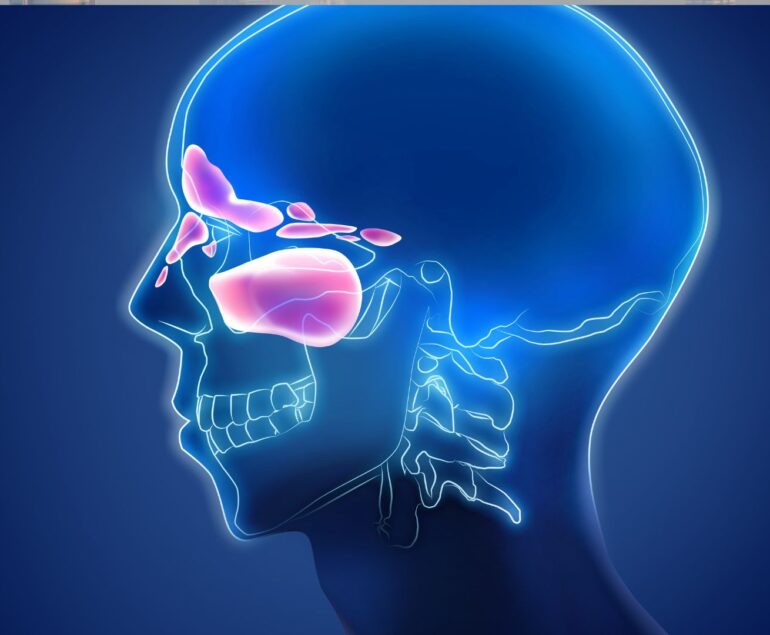Living with chronic ear, nose, and throat (ENT) conditions can be challenging, not only physically but also psychologically. As an ENT surgeon, I have witnessed firsthand the significant impact these conditions can have on patients’ mental well-being. In this article, we will delve into the psychological effects of chronic ENT conditions and explore ways to cope with them effectively.
Understanding the Psychological Impact
Anxiety and Stress
Chronic ENT conditions often lead to persistent discomfort and pain, triggering feelings of anxiety and stress in patients. The uncertainty surrounding their condition, coupled with the fear of exacerbating symptoms, can significantly impact their mental health.
Depression
Prolonged suffering from ENT conditions can also contribute to feelings of depression. The constant struggle with symptoms, such as hearing loss, difficulty breathing, or chronic pain, can wear down patients’ emotional resilience, leading to a sense of hopelessness and sadness.
Challenges Faced by Patients
Social Isolation
Individuals with chronic ENT conditions may find themselves withdrawing from social interactions due to embarrassment or discomfort caused by their symptoms. This social isolation can further exacerbate feelings of loneliness and depression, creating a vicious cycle of isolation and deteriorating mental health.
Impact on Daily Life
The limitations imposed by chronic ENT conditions can disrupt various aspects of daily life, including work, relationships, and recreational activities. Patients may struggle to perform routine tasks or engage in hobbies they once enjoyed, leading to frustration and a sense of loss.
Coping Mechanisms
Support Groups
Joining support groups or online communities for individuals with similar ENT conditions can provide much-needed emotional support and validation. Sharing experiences and coping strategies with others who understand their struggles can help patients feel less alone in their journey.
Therapy and Counseling
Seeking professional therapy or counseling can be beneficial for patients struggling to cope with the psychological effects of chronic ENT conditions. Therapists can help them develop healthy coping mechanisms, challenge negative thought patterns, and improve their overall well-being.
Improving Quality of Life
Treatment Options
Exploring various treatment options, such as medications, surgical interventions, or alternative therapies, can help alleviate symptoms and improve patients’ quality of life. Working closely with healthcare providers to tailor a treatment plan to their individual needs is essential for achieving optimal outcomes.
Lifestyle Changes
Making positive lifestyle changes, such as adopting a healthy diet, exercising regularly, managing stress effectively, and prioritizing self-care, can significantly impact patients’ overall health and well-being. Small changes can add up to significant improvements in their quality of life over time.
Importance of Seeking Help
It’s crucial for individuals struggling with the psychological effects of chronic ENT conditions to seek help and support from healthcare professionals, loved ones, and mental health experts. Ignoring or downplaying the impact of these conditions on mental health can lead to worsening symptoms and diminished quality of life.
Conclusion
Living with chronic ENT conditions can take a toll on patients’ mental health, leading to feelings of anxiety, depression, and social isolation. However, by understanding the psychological effects, exploring coping mechanisms, and seeking appropriate support, individuals can effectively manage these challenges and improve their overall well-being.
FAQs
- How common are psychological issues among patients with chronic ENT conditions?
- Psychological issues, such as anxiety and depression, are prevalent among individuals dealing with chronic ENT conditions, affecting their quality of life significantly.
- Can therapy help alleviate the psychological effects of chronic ENT conditions?
- Yes, therapy and counseling can be highly beneficial for patients struggling to cope with the psychological impact of chronic ENT conditions. Professional support can aid in developing healthy coping strategies and improving overall well-being.
- Are there any support groups specifically for individuals with chronic ENT conditions?
- Yes, there are various support groups and online communities dedicated to individuals living with chronic ENT conditions. These groups offer a platform for sharing experiences, seeking advice, and finding solidarity with others facing similar challenges.
- What lifestyle changes can help improve the mental well-being of individuals with chronic ENT conditions?
- Adopting a healthy lifestyle, including regular exercise, a balanced diet, stress management techniques, and prioritizing self-care, can significantly enhance the mental well-being of individuals with chronic ENT conditions.
- When should someone seek professional help for the psychological effects of chronic ENT conditions?
- If someone is experiencing persistent feelings of anxiety, depression, or social isolation related to their chronic ENT condition, it’s essential to seek help from healthcare professionals or mental health experts for proper assessment and support.
About Author:
Dr. Vivek Kumar Pathak: Renowned ENT Surgeon, Senior Professor, and Founder.
Dr. Pathak, ENT surgeon at Kailash Hospital, Senior ENT Professor at Sharda University, and founder of Entegrity Care, brings expertise and innovation to healthcare. Discover the visionary behind Doxtreat Healthcare, shaping the future of ENT care.
Website www.drvivekpathak.com
Call +917838450942
WhatsApp +91 78384 50942
Book an appointment with Dr. Vivek kumar Pathak by filling the form.




